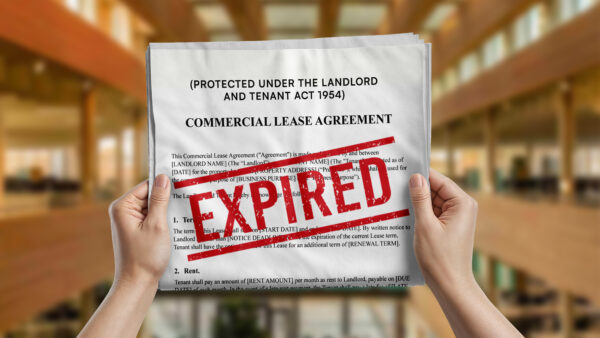This week’s King’s Speech has seen the UK government outline its legislative agenda for the forthcoming year-long session of Parliament. This is primarily focused on three priorities – economic growth, societal strengthening, and public safety.
In this article, we focus on the government’s proposals that may impact on the property sector.
The Renters (Reform) Bill
The government remains committed to re-shaping the landlord/tenant relationship, although in an attempt to balance the landlords’ interest, the proposed abolition of the Section 21 Notice eviction procedure will be delayed until after the court system has been reformed. This will almost certainly take years to complete, effectively shelving the proposals for the foreseeable future.
The King’s Speech expressly recognises the need to also protect landlords, ensuring they benefit from reforms to enable them to regain possession of their properties when needed.
Minimum Energy Efficiency Standards
As already announced by the Prime Minister in September, the briefing notes to the King’s Speech confirm that the government will not take forward proposals to force private landlords to urgently undertake home improvements to meet a minimum Energy Performance Certificate rating of ‘C’ (having previously required this to be completed by 2025 for new tenancies and 2028 for existing tenancies).
The Leasehold and Freehold Reform Bill
The King’s Speech stated that the government will introduce a bill to i) make it cheaper and easier for leaseholders to purchase their freehold; and ii) tackle the exploitation of millions of homeowners through punitive service charges. These proposals build on those introduced by the Leasehold Reform (Ground Rents) Act 2022.
Consistent with the government’s previous communications, the main proposals are summarised below:
Ground rents and lease extensions
- Caps to be introduced on ground rents in existing leases;
- Lease extension procedure to be overhauled, making it more straightforward and cost-effective;
- Lease extension term to increase from 90 years to 990 years; and
- Removal of the current two-year ownership requirement before a leaseholder can request a lease extension.
Leaseholds
- Save for exceptional circumstances, a blanket ban on the creation of leasehold houses;
- Caps on certain landlord and managing agent fees when a leasehold property is sold;
- Increased transparency in respect of service charges; and
- Further empowerment of leaseholders to challenge freeholders over unfair practices.
Conclusion
Whilst the proposed legislative reforms promise much, it remains to be seen what can be achieved by the current government given a general election is scheduled to be held by no later than 28 January 2025.
To discuss any of the points raised in this article, please contact Daniel Blake or fill in the form below.









